In 1910, in the Naica Mine of Mexico, the Penoles mining company discovered what came to be known as “Cueva de Las Espadas,” or, Cave of Swords. The cave was a 80 meter hallway filled with gigantic selenite (gypsum) crystals up to two meters in length. Unfortunately the cave, 120 meters underground, was opened for exploration and eventually tourism, destroying many of the crystals.
Ninety years later, two miners working on an excavation tunnel 300 meters below the Earth’s surface discovered another, much larger, cave. Here, the crystals measured up to 12 meters long (over 36 feet) with a single crystal weighing approximately 55 tons. These were the largest crystals that anyone had ever seen in the cave. The cave came to be known as the “Cueva de Los Cristales” or Cave of Crystals.
Millions of years ago, volcanic activity filled the mountain with anhydrite, a waterless form of gypsum. As magma eventually cooled, the anhydrite began dissolving, enriching cave waters and allowing gigantic crystals to form. Amazingly enough, the size of the crystals has no limit and given enough time will grow to even larger proportions.
The air temperature is 50C with a relative humidity of over 90%, making the air feel like 105C (228F). This makes it impossible for the body to cool itself. Because of these harsh conditions, scientists and researchers need to wear special cooling suits, and can spend no longer than a 30-45 minutes within the cave. There are very few other places in the world where such crystals have been so well preserved in their purest of forms.
Know Before You Go
Unfortunately, the caves, including the shallowest Cave of Swords, are completely closed to visitors due to the risk to both crystals and tourists. Further exploration of the caves would have required significant removal of the crystals. In order to preserve the caves, mining was ceased. The mining and exploration of the caves was dependent on water pumps. Once exploration ceased in 2017 the caves were allowed to naturally re-flood.
Community Contributors
Added by
Edited by
Plan Your Trip
The Atlas Obscura Podcast is Back!



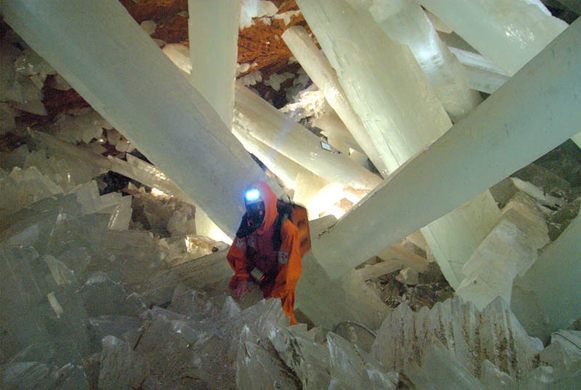
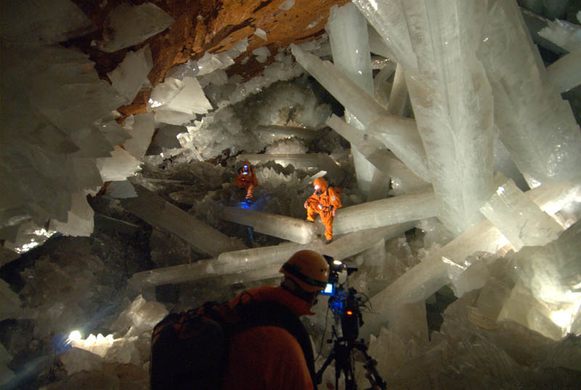

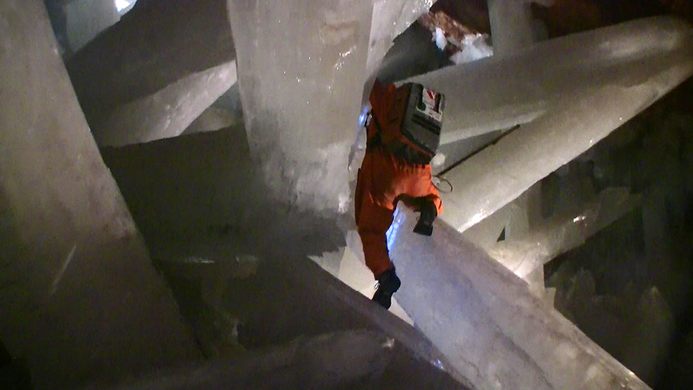
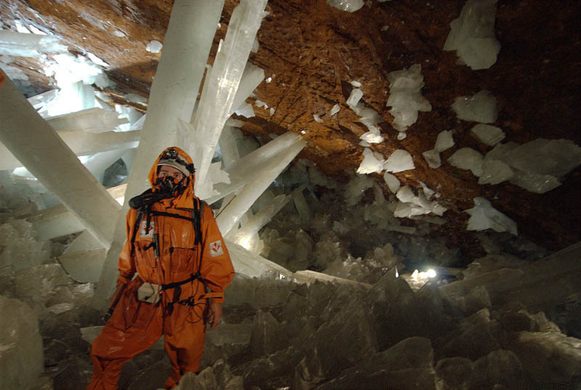
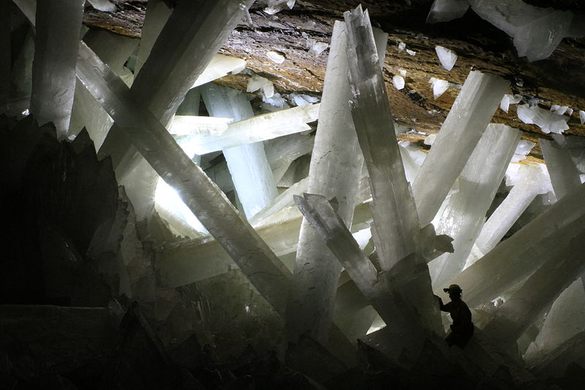

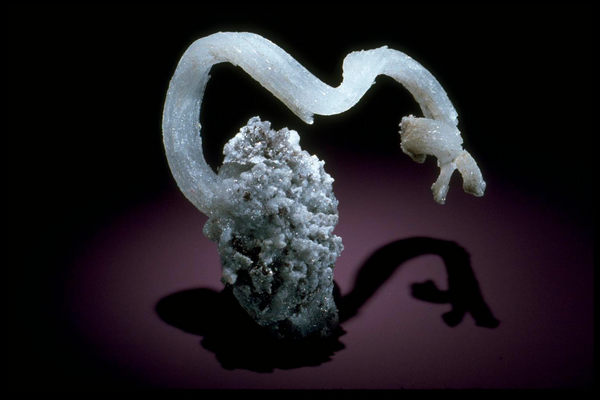










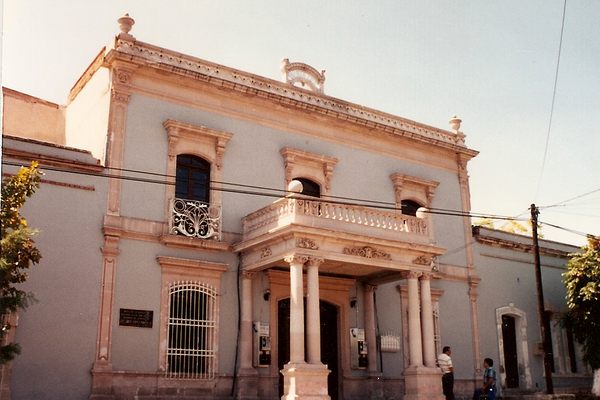


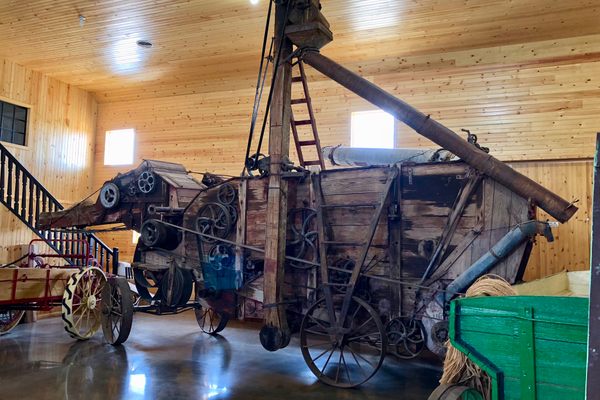

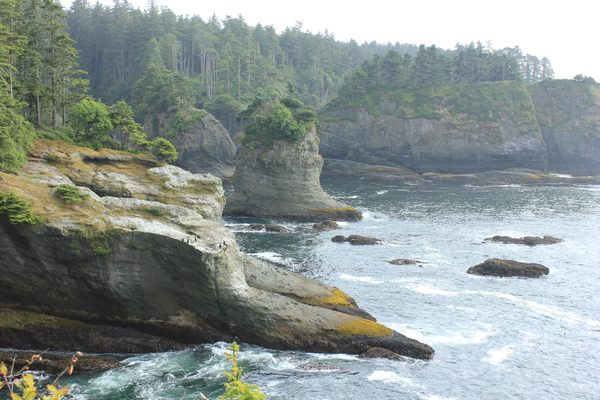
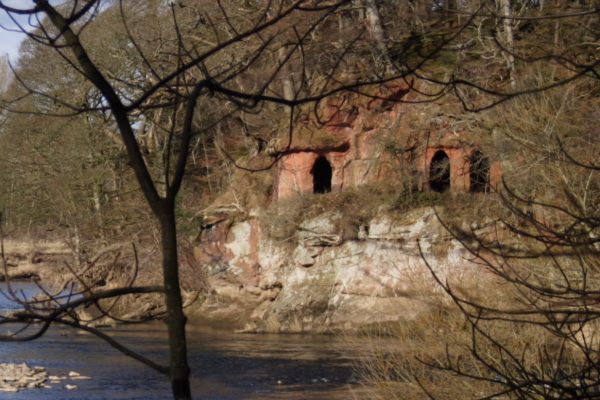



Follow us on Twitter to get the latest on the world's hidden wonders.
Like us on Facebook to get the latest on the world's hidden wonders.
Follow us on Twitter Like us on Facebook